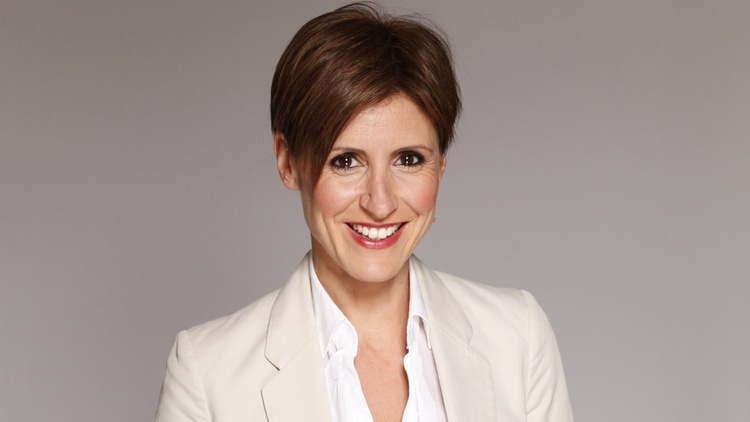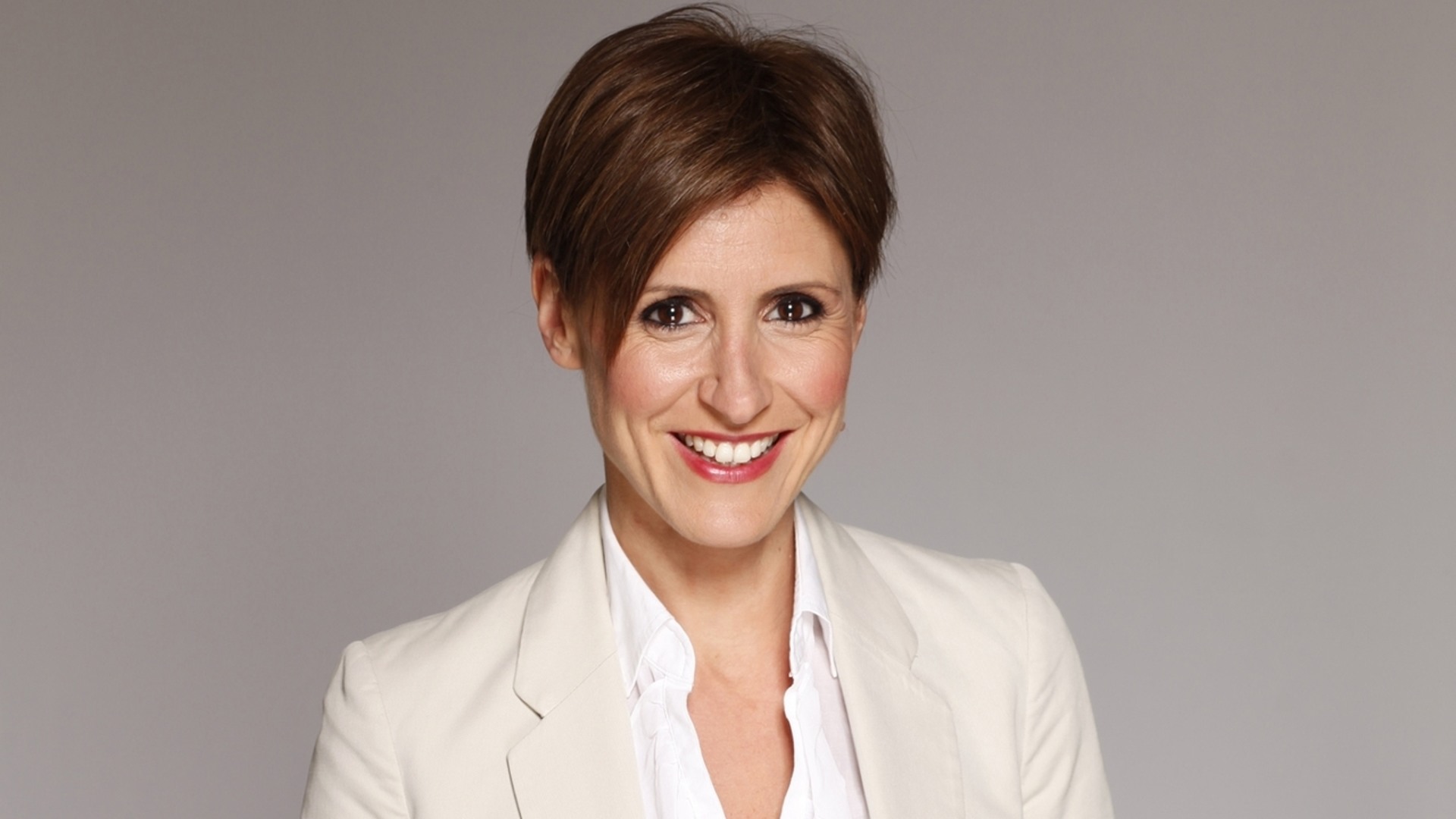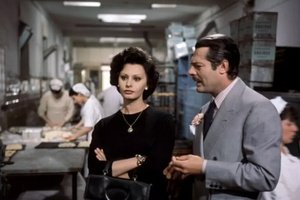Sure, it’s important to note that we introduced new ingredients such as garlic, artichoke, zucchini, eggplant, olive oil (initially sold only in pharmacies) and wine (not Sherry or “plonk”, the term used to describe a cheap, out-of-date wine, probably derived from the French word for white wine, blanc).
But every once in a while, it would be nice to be recognised for other contributions.
The Italian presence in Australia can be traced all the way back to the First Fleet, to James Matra and Antonio Ponto who were on board the Endeavour when it landed in Australia in 1770, under the command of Captain James Cook.
There was also a third Italian on board: Giuseppe Tuzo, a convict who went on to settle in Sydney.
The Italian contribution to Australia has been truly notable and not just in the sectors of food and fashion, but also in arts, craftsmanship, medicine, agriculture, business and science.
A shining example are engineers Carlo Catani and Ettore Checchi, who arrived alongside astronomer Pietro Baracchi and transformed the city of Melbourne.
The list goes on for days, but would be mainly composed of male names: for a long time, women (of all backgrounds) stayed at home to raise children, while carrying out menial and repetitive housework.
Their contribution has been somewhat more “hushed” and less well-documented, though there are some exceptions such as Sophie Steffanoni, who painted with the famous Heidelberg School in 1890, and Giulia Tamburini Coy, Lucia Baratti, Leonora Parodi Fabris and the Carandini sisters, who were fundamental in the establishment of Opera Australia.
Today, however, Italo-Australian women are proudly present in all sectors, including arts and literature, with writers Anna Maria Dell’Oso and Melina Marchetta, screenwriter Teresa Crea, sculptor Patricia Piccinini, and painter Wilma Tabacco.
In music and theatre, we have singers such as Vanessa Amorosi, Tina Arena, Natalie Imbruglia and The Veronicas, and actresses Greta Scacchi, Carmelina Di Guglielmo and Maria Portesi.
In the media industry, many Italo-Australian women have followed in the footsteps of pioneer Lena Gustin, known as “Mamma Lena”, who began broadcasting radio programs in Sydney in the ‘50s.
Among them are Josephine Cafagna, Virginia Trioli, Sharyn Ghidella, Paola Totaro and, indeed, Emma Alberici.
Throughout her journalistic career, Alberici has hosted Nine Network’s A Current Affair program, before moving to the ABC where she became reporter and presenter of The 7.30 Report, and Lateline’s anchorwoman and European correspondent until 2017, when the program was no longer broadcast.
Alberici returned to Italy last December to film a documentary on the military bases in Sardinia, which was aired on the program Foreign Correspondent.
When I ask whether she had taken inspiration from Lisa Camillo’s documentary Balentes – The Brave Ones, which explored the exact same topic, Alberici says the film by Sardinian-Australian anthropologist Camillo was a personal feature film based around the return to her motherland after 18 years.
The documentary covered Camillo’s discovery of the NATO military bases on Sardinia, secret bombings in the firing ranges and the devastating effect they’ve had on both local human and animal populations, and her personal reaction to it all.
[This interview was carried out before heated controversy surrounding the issue arose.]
“Ours was a real journalistic report, composed of accurate research on cases of serious illnesses caused by exposure to depleted uranium,” Alberici says.
“It was supplemented with in-depth interviews with the various political figures who were involved in the affair.”
Alberici then lists the various interviews which were carried out for the documentary, including one with Mauro Pili, president of the Region of Sardinia, who was then elected a member of parliament for the centre-right People of Freedom party, and Giampiero Scanu, former member of parliament for the Democratic Party (PD), who headed a parliamentary inquiry and wrote of a “disturbing, critical situation” in his final report on security and health in military work “in Italy and in their overseas missions, which has contributed to deaths and illnesses”.
Scanu said he had been “punished” for the parliamentary inquiry.
His investigation into depleted uranium had not been encouraged nor appreciated, and in 2017, the PD excluded him from their electoral lists.
Alberici then explains that since the 1950s, some of the largest and most important military bases in the Mediterranean have been established in Sardinia.
Since then, NATO and the US have transformed the island into a strategic zone for essential wartime practices: drills; training; weapon-testing; war simulation; weapon, ammunition and fuel storage; espionage networking; and telecommunications.
Sardinia is now the most militarised region in Italy and is home to 60 per cent of the entire country’s military zones.
There are five firing ranges on the island including Salto di Quirra, which is the biggest range in all of Europe and which allows the use of “forbidden” experimental arms.
Salto di Quirra has recently been subject to an investigation regarding the notable environmental damage to its surrounds.
The island is so strategically important that it has become the keystone of NATO’s political-military system.
Consequently, the seas surrounding the three firing ranges Quirra, Teulada and Capo Frasca, are subject to varying access, while there is a permanent ban on overhead aeroplane flights.
In total, the number of soldiers who suffer illnesses due to military pollution sits at around 3800, of which 328 are verified victims of depleted uranium.
Over the years, Alberici has carried out four investigations in Italy, and has often found herself butting heads with a wall of indifference when it comes to bureaucracy.
On this occasion, she says she was actually made fun of by the staff at the office of the Ministry of Defence, while attempting to arrange an interview with Defence Minister Elisabetta Trenta.
Born in Melbourne in 1970, Alberici graduated in economics at Deakin University and in Italian at the University of Melbourne, before commencing her journalistic career at the Herald Sun, after which she transferred to Nine Network as an economist on The Small Business Show.
Daughter of Franco, from Reggio Emilia, and Anna, from the island of Ischia, Alberici has been a finalist in the prestigious Walkley Awards on numerous occasions.
The first was for her story on the death of a regular client at the Star Casino in Sydney in 1998, which lead to an inquiry by the Police Integrity Commission.
Alberici recounts how her parents met aboard the ship that brought them to Australia.
“My mum and her sister came to Australia for the wedding of their eldest brother, Giacomo, who was the station master at Flinders Street,” Alberici says.
“My father, a carpenter who made beautiful furniture, worked for 25 years at Victoria Market where he was the owner of seven fruit and vegetable stores.”
Like many children of immigrants, Alberici grew up between two cultures, but her experience was intensified by the family’s move to Milan when she was five years old, when her father opened a bar with his brother.
“I completed my first three years of schooling in Milan,” Alberici explains.
“I settled in very quickly because back in Melbourne we spoke Italian at home; language wasn’t a problem until we moved back to Australia.
“When I arrived at Tullamarine I started to cry and my parents asked me what was wrong, and I replied: ‘Is it here that they are going to replace my tongue?’, because everyone had been telling me that I was going to have to change lingua [in Italian, lingua means both language and tongue] and I thought they were really going to take it out and replace it with another.”
Alberici says she has always felt very Italian.
While based in London for four years as a European correspondent, she came to the sudden realisation that she had been living her whole life between two cultures.
“In 2009, when there was the earthquake in L’Aquila, I went to Italy 11 times, and my cousins asked me often whether I felt I was more Italian or more Australian, and I replied: ‘When I’m in Italy I feel Italian, and when I return to the country where I was born, I feel Australian’.”
Alberici has already written books on economics, and is expecting to write another in the future.
I ask her whether she thinks economics isn’t a slightly “dry” subject, and she laughs.
“Absolutely not,” she says.
“I believe that today more than ever it’s important for economics to be understood, and with the elections just around the corner, the economy will be a major topic.
“I think it is important to explain – in simple words – the effect that the decisions of the future government will have on the work and wallets of the voters.”
With the elections so close, I couldn’t help but ask Alberici what she believes the results would be.
“I don’t know, but I can report what my colleague Laura Tingle said, and she has seen many electoral campaigns in her time,” Alberici says.
“A colleague asked her whether a government had ever managed to win an election after losing in the polls for so long, and she said that it had never happened.”
Last year, Alberici wrote an article on the proposed tax reform for businesses (later abandoned by government), which was fervently criticised by former prime minister Malcolm Turnbull’s government.
I couldn’t help but ask for a comment, given the controversy her article caused.
It came out that then ABC chairman Justin Milne had asked then managing director Michelle Guthrie to fire Alberici because she had allegedly damaged the ABC’s relationship with the conservative government.
The outing of this request eventually led to the resignation of the chairman, after he was accused of interfering with editorial independence and the subsequent firing of Guthrie.
Alberici responds that the journalistic accuracy of the article was not the real problem, but that it was a political matter.
“The media must be the ‘fourth power’ and must be strong and independent enough to take on the Establishment,” Alberici says.
“I don’t want to cause more controversy, but it’s enough to say that they’ve gone and that I am still here.”












